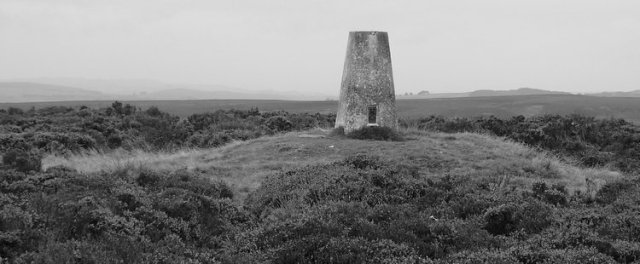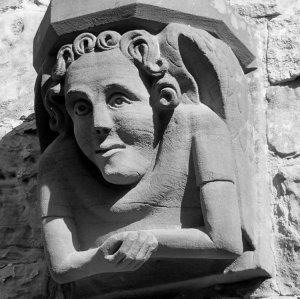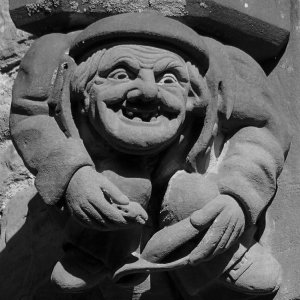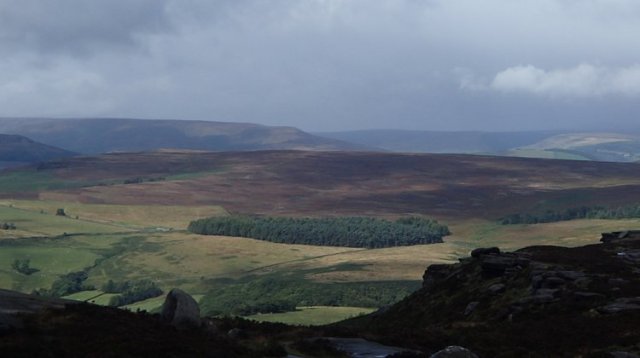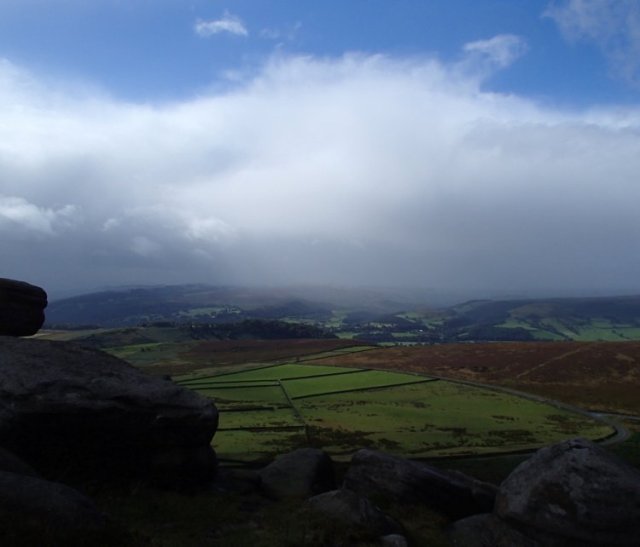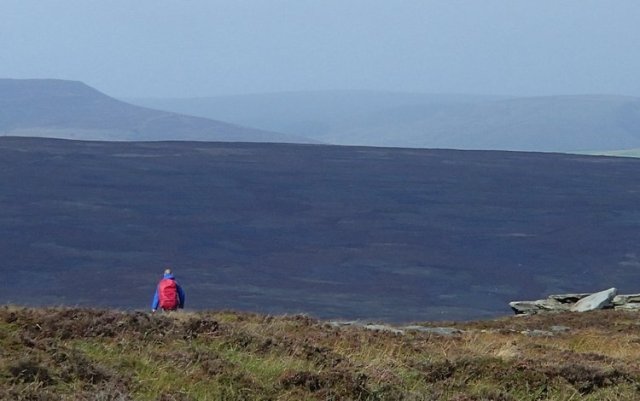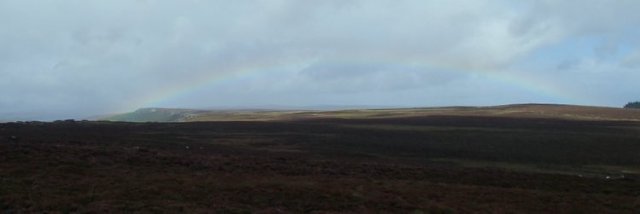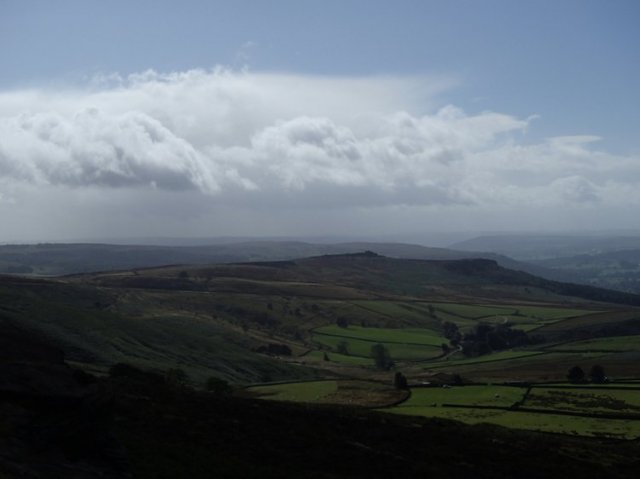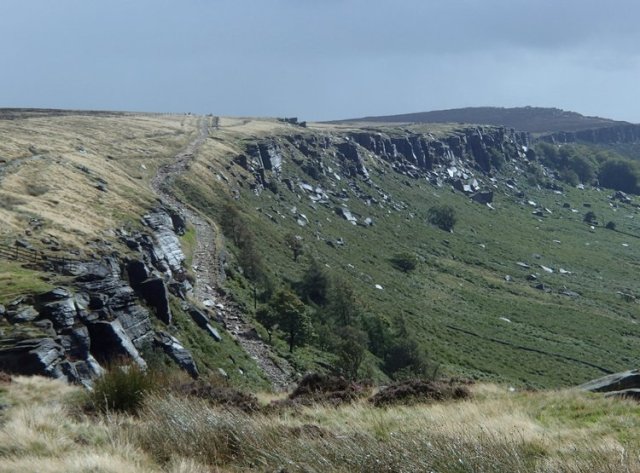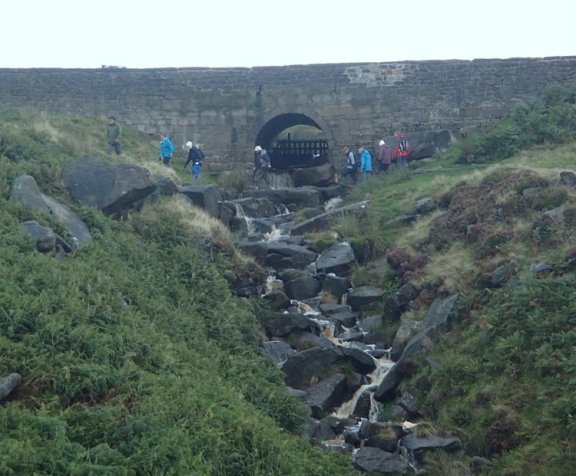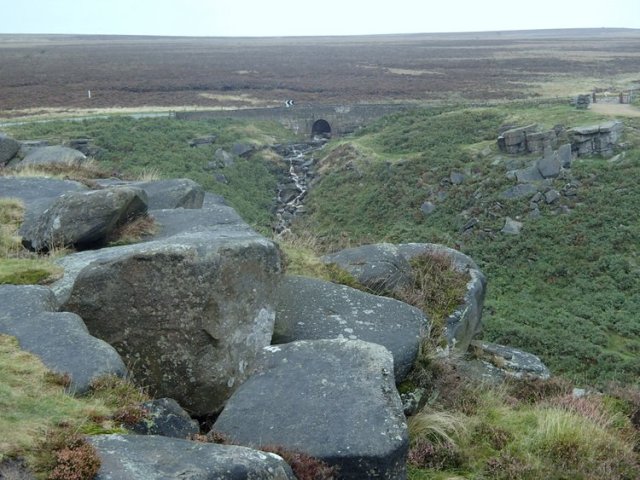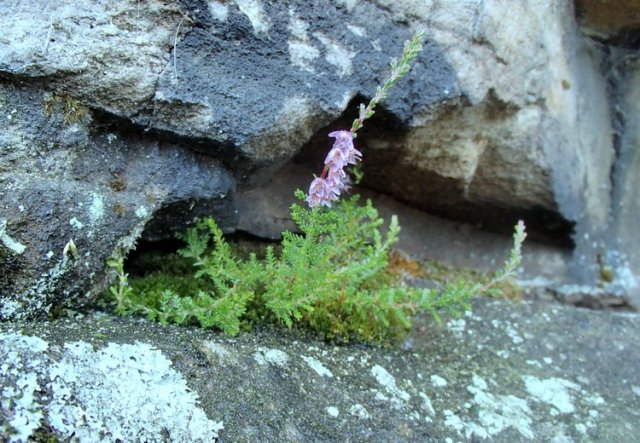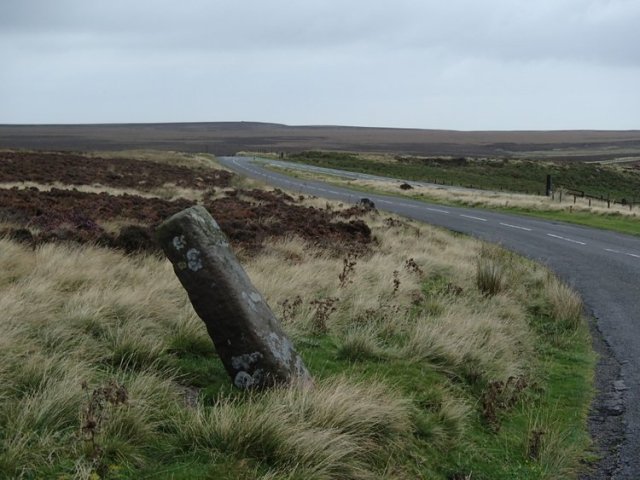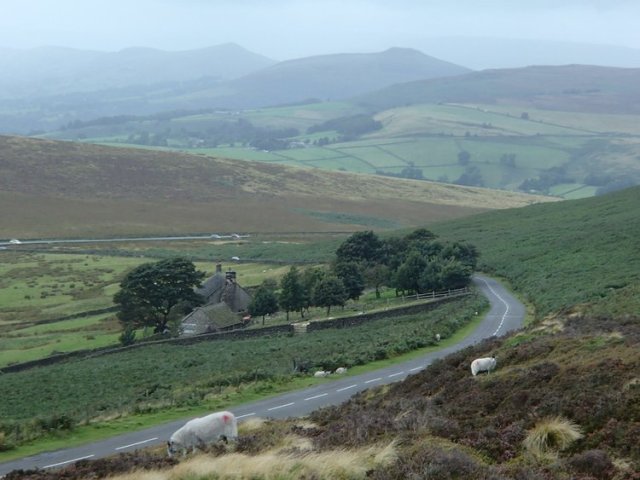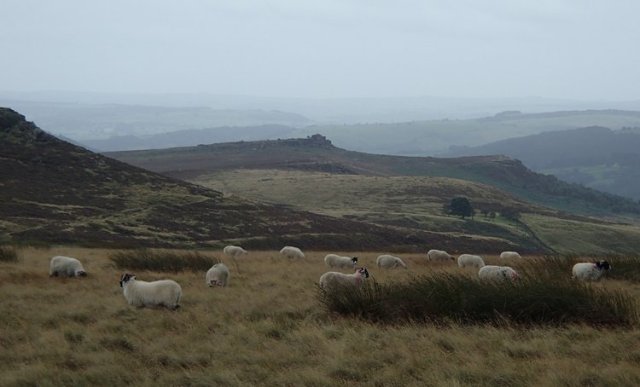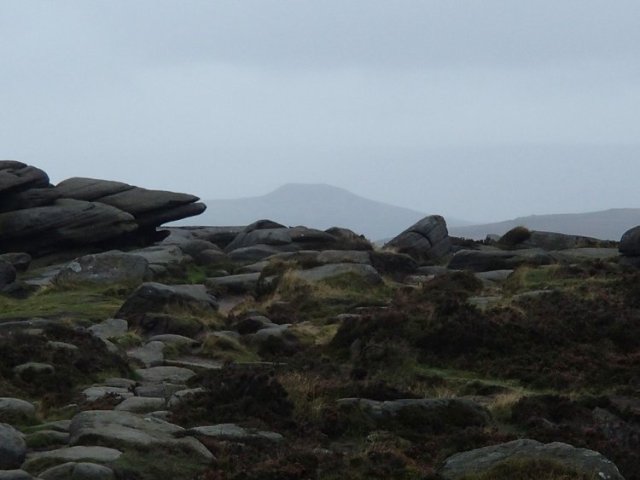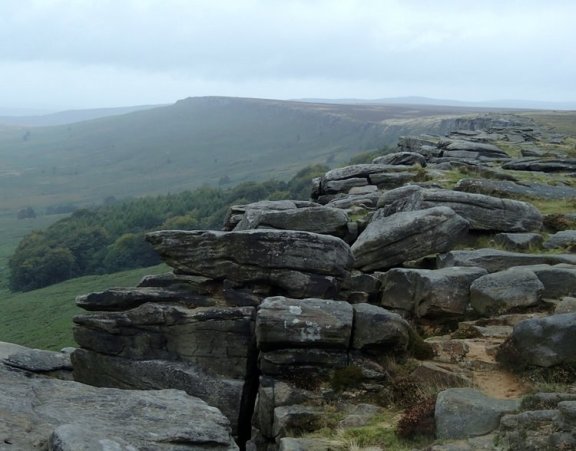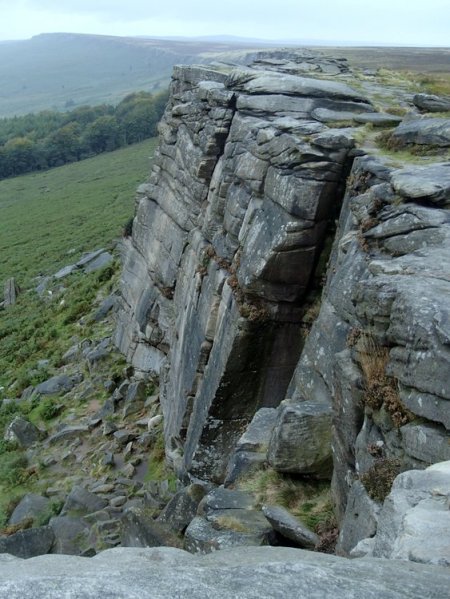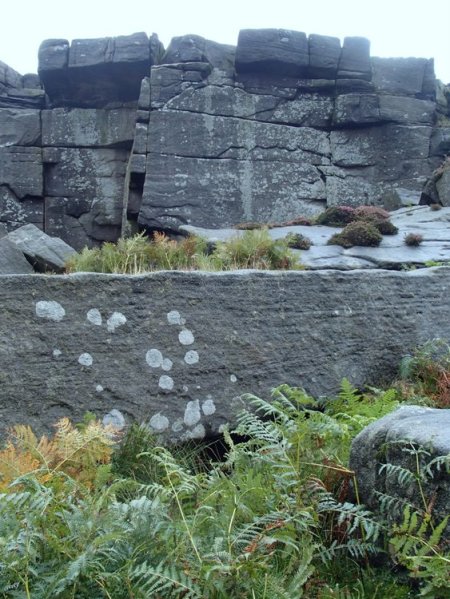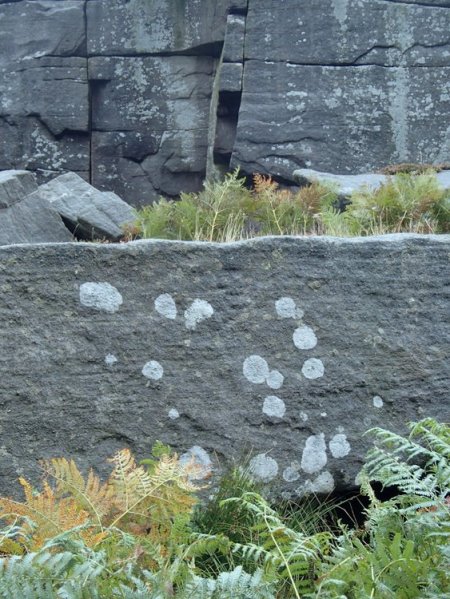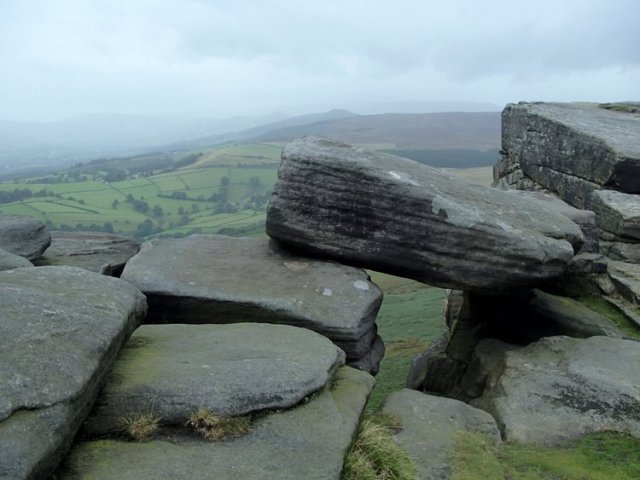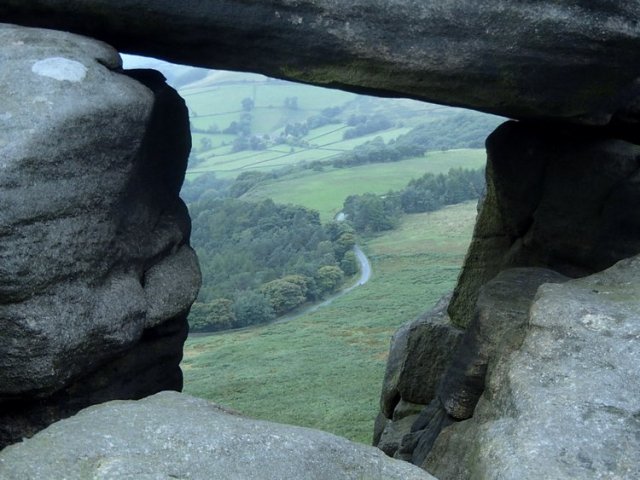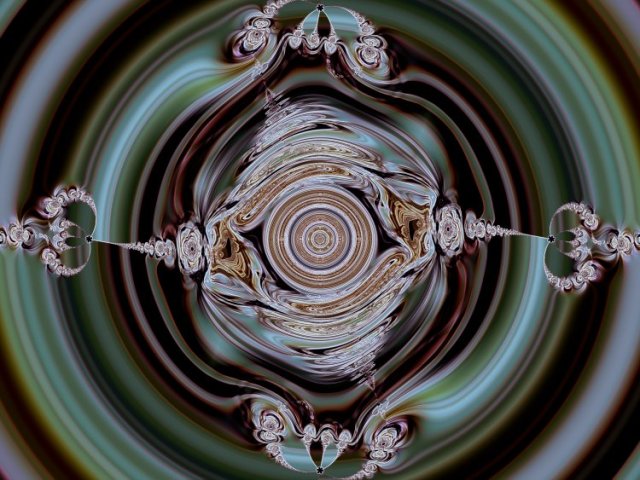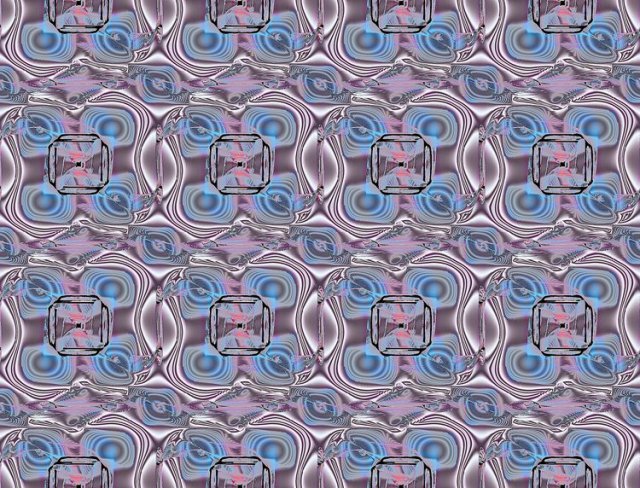A long time since any posts. I have felt inexorably drawn into a real interest in the political scene here in the UK and Europe. In the Christian fellowships I belong to, political involvement is normally frowned upon, and even voting is seen as a “bad thing”. However, that has never stopped me from being fascinated by politics, especially on election nights when the results come in from around the country with the shifts in voting patterns gradually unfolding the shape of the next government as winning and losing parties and their candidates look on.
There have been two elections recently of a nature that usually attract little attention other than being scanned by political “anoraks” as a snapshot of overall trends between the general elections. These were the local and European elections both held last Thursday in Britain (the traditional polling day is still in place despite most of the countries in Europe voting the following Sunday, hence having to wait days for the results here). Even though the turnout may only have increased marginally, the attention on these has sky-rocketed. These elections mark a significant advance in a new force in UK politics – UKIP (United Kingdom Independence Party). It is the first time since 1906 or 1910 that neither the governing party nor the official opposition has won a national poll. This development interests me greatly.
My Bible study reveals a clear principle concerning the status of the nation state versus any attempt to develop larger political entities or empires. For all their failings and reflection of the human condition, the concept of the nation seems to be given a valid status throughout the Scriptures. All empires and entities that try and subsume nation states, whatever the political expediency may seem to be, are always shown in the Bible narrative to end in even greater disaster than the troubles that confront a world of nation states. They become a super-highway for channelling the imposition of remote, despotic and corrupt regimes on national groups who are forced to lose their sense of identity, as exemplified from Babel and onwards through Babylon to Rome.
Everyone appreciates that the EEC, later to become the EU, was born out of decades dominated by the terrors of the two world wars. However, to see it as the continuing guardian and guarantor of what is good for the people of Europe is very short sighted indeed. From the start, the designers of the project, whilst projecting it as purely an economic zone of free nations, really had the vision of political “ever closer union” into a single state of Europe. It is clear that the EEC (as it was then) together with the UK political establishment under Heath and Wilson (implicating both the Labour and Conservative parties) basically deceived the people of Britain into accepting and continuing the membership of what they declared categorically to be purely a trading zone. We are now seeing the real direction of the EU towards a single state, which was already the established aim even back in the 1960’s and 1970’s.
The EU and the Labour and Conservative “modernisers” (as exemplified by Blair with “New Labour” and Cameron who has been trumpeted as the “heir to Blair”) have come together to implement the social and economic values of the EU, and the British people are waking up to the fact that almost all our own traditional values are being overturned and despised.
My analysis is that as a result, both the Labour and Conservative parties are being fractured. The modernisers in both have been in the ascendancy, and claim the middle ground or the centre. At best this is a deceitful claim – it is a radical model of social and economic policies of a big government type that is alien to the traditional British ways of life. Both traditional Labour and Conservatives voters are being alienated from their parties. They are beginning to see that the modernisers in both are based on the direction of the EU which is the object of much caution and scepticism among many British people.
The modernisers are labelling everyone outside their “big tent” as extremists – even those opposed to such a radical change as the appalling redefinition of marriage, itself obviously widely instigated around Europe at the behest of the EU – whilst ignoring the fact that their allegiance to the EU political project is itself an extreme move to take as far as the general population of Britain is concerned. The abuse hurled at all who have even hinted that they might vote for UKIP is evidence enough.
But – and here it gets really interesting – what is the reality about the people who are feeling disenfranchised by this EU fawning era dominating both Labour and Conservative direction of travel? Tribally speaking, they may well come from both the old left and the old right, but these are beginning to be exposed as possibly being moribund distinctions anyway. The impression (as a political outsider) that I am getting is that these disaffected people with largely traditional cultural and moral values of family and society, may be finding that they have far more in common than anyone realised. There is a sense of unity and purpose about UKIP that is fascinating as people who thought they should not political friends are coming together with a growing sense of unity.
This may be the true genius of UKIP, and the reason why it will not just be a flash in the pan, and I believe is more likely than not to become a true political force. For too long, the British political system has led the people to rely on the old mantra that “it’s the economy, stupid” – when politicics is also about all areas of society, family and way of life as well. This “people’s army” seems to me to be largely made up of decent, honourable people with sound principles and traditional values, and could well become a strong and positive force for good in Britain. This may be a naive and optimistic (from the point of view of someone with traditional views) but is hereby shared as the explanation of my genuine interest in the British political scene at this time.
I am looking forward to attending my first ever political event on this coming Saturday. The nearby constituency of Newark has a by-election for the House of Commons in Westminster, and I intend to get a sense of what UKIP really feels like from a first hand perspective. All I do know from following discussions is that there are many other Christians who are also being encouraged and activated by these developments.
I have certainly been more impressed by the style and content of what I have read of UKIP MEP candidates (many now elected) as opposed to politicians from the establishment apart from a highly respected and esteemed minority left in each party. For me, it will be a big step to attend a political event, and doing say could no doubt be a great disappointment. On the other hand, I am wondering whether it may lead to the larger steps of party membership and even political activism. On my analysis of the rights and wrongs of many important issues, UKIP appears to have a lot going for it.
Watch this space…….

